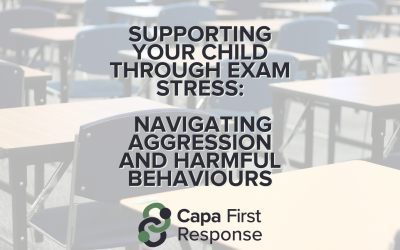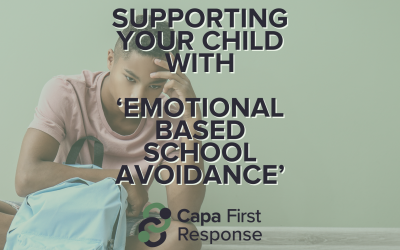We are so pleased to be able to help share Nikki Rutter’s recent article, which can be read in full here.
The language used when a parent is experiencing harm from their child is often confusing and diverse depending on the contexts in which this harm occurs. Many researchers, practitioners and policy makers have attempted to find or develop a definition which can be utilised to capture any and all form of harm instigated by a child, impacting a parent, which risks losing the nuance and individual experiences of families.
In this post, work by Dr Nikki Rutter, Durham University provides new terminology when this harm does not have a clear intent. Explosive and harmful impulses refer to preadolescents experiencing proactive, reactive, affective, and relational harms and needs. This approach recognises that children may attempt to meet their needs in harmful ways but the harm is an unintended consequence and not intentional.
It’s a really thought provoking piece, which highlights the need for a better understanding of the terminology used. We asked Nikki to share an intro to her article above, but urge you to read it in full. One of the key points that stood out for Capa First Response as an organisation is:
No parent was comfortable with the language of “child-to-parent violence”
The framing of “child-to-parent violence” or CAPVA was deemed provocative, and parents did not want to describe their relationship with their child using the language of violence or abuse despite acknowledging the harm was being caused… Parents all wanted better terminology for their experiences, which did not imply intent or blame, and whilst “violence” and “abuse” were rejected by parents, these terms were not used by children at all.
We already try to avoid using the words ‘abuse’ and ‘violent’ especially when working with families, and we’ve shared more about that here. We know there is a lot of work to be done but Nikki’s research is a giant leap in the right direction for everyone working with families experiencing these behaviours.
Read the article in full here, and you can connect with Nikki Rutter on X/Twitter or email her at Durham University. We’re really grateful for Nikki, not only for her amazing research but also for being such a great support for Jane and the Capa First Response team.



0 Comments